A musician who is impossible to put labels on. She is a cellist and a singer, of Arabic background in France, plays jazz, classical music and pop, and writes her songs in three languages. Nesrine Belmokh comes to Budapest soon with the music from her newest album – I asked her some questions about it.
The title of the concert, just like the album, is “Nesrine”. What’s the story behind it?
This is my first solo album, as I used to play with a band before. I didn’t want to give it any other name but mine: this is a presentation of the new me who is doing things solo now. The concert will be about the album, I’ll play all songs from it, and at the end also some from the repertoire of my previous band NES.
This sounds like a very personal album. Are the songs personal too?
Of course, I cannot write about anything else but what happens to me. The melodies and the lyrics are from how I see the world and what I experience in it.
Can you give us an example of this?
There is Elle, for instance, the only French song on this album. Elle is ‘she’ in French. I got the inspiration for this song from the theatre: I saw a version of Antigone that had a huge impact on me, and I was thinking about the protagonist’s role and the human relations in the story. I wrote the lyrics within a few minutes, it kind of flew out of me. I definitely wanted to put the song on the album, even though it is an odd one with its language, but I like it a lot. It is not so melody-like, more like spoken word, even a poem.
What are the languages of your other songs?
I have English songs, of which it might be worth mentioning Silent Mood, which is a tribute to jazz and female jazz musicians. From these songs, it is easy to hear my feelings in all kinds of situations: English is a good language for such a purpose. I also have Arabic songs, in which the legacy of my ancestors is to be found, my relationship to my mother, and of course spirituality, roots.
Why did you go solo after spending so much time in a band?
This was a necessary step to be able to express everything I wanted and find my path in the world of music – even if it is an eternal quest. I started my career as a cellist, than joined my fellow musicians for NES and became the singer. Someone else played the cello there. This worked well for a while, then I realised that I also want to play the cello more. We all developed in different directions which is an organic process, so it was time to go on our own path. So now I’m a cellist and a singer at the same time.
You also played with the West-Eastern Divan Orchestra. How was that for an experience?
A very intense and powerful time, thanks to founder Daniel Barenboim. He founded this formation with late Edward Said (who is known as a social scientist, founder of postcolonial studies – editor’s note). The original idea was to only have Palestinian and Israeli musicians together, but then they expanded it to the whole Arab world. That’s why I could join because I’m from Algerian origin, not Palestinian. Those were beautiful times, we played in marvellous concert halls, and people were really moved by the message behind our works.
Does your own music have some public, social, maybe political connotation?
I think music is a message in itself. A worldview, a description of the world. This might be a reason for so much avant-garde music. And of course it can relate to society, human civilisation, and deliver some message. If it is about emotions, music is extremely powerful and can bring people together very well. Even though these are just frequencies in the physical world, they can bring our astonishing things of individuals and communities. So yes, I think music can be used to reach certain aims.
But as you mentioned, your songs are also personal.
When I sit down to write a song, I don’t think through beforehand what it will be, what is my goal with it, it just comes. This is good for survival. (laughs) I also don’t think too much around genres, whether it’s jazz, world music, classical music or pop music. It is often not me who puts these labels on my works but other people. My music consists of everything I know about music in general. It includes where I come from: the Algerian Arabic milieu. It includes European classical music that I learned. It includes rock and soul that I like to listen to. And these all come together to make something new, which I am creating of everything that is on my mind at the moment.
What do you expect from the concert in Budapest?
I’m so happy about playing in the Müpa, and I hope people will like what I bring. It is still so new to give concerts alone. A bit frightening, too, but also exciting and uplifting at the same time.

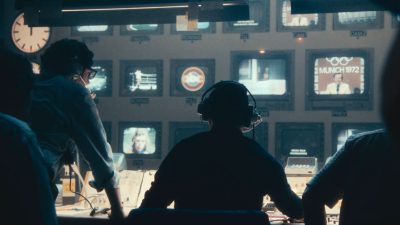
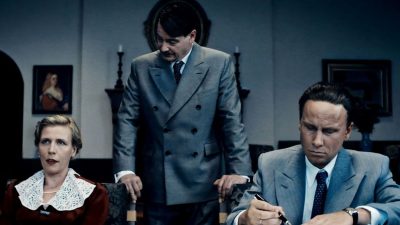
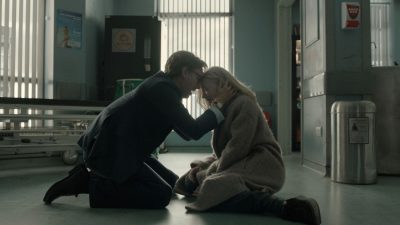

















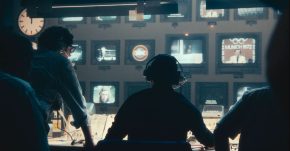
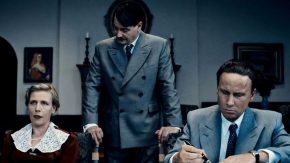
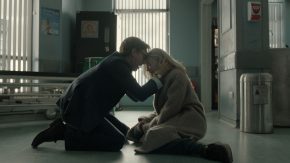

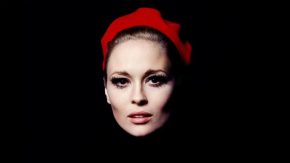

Comments